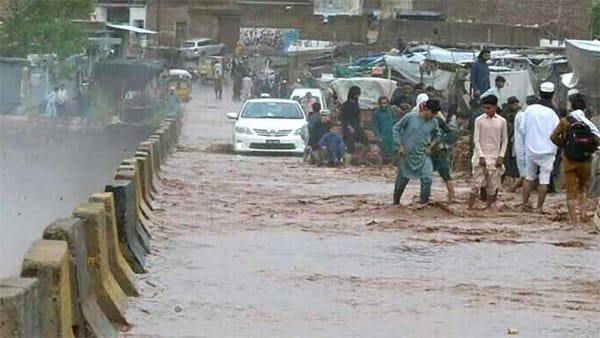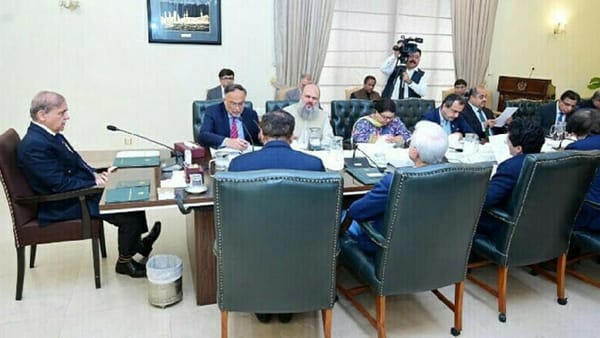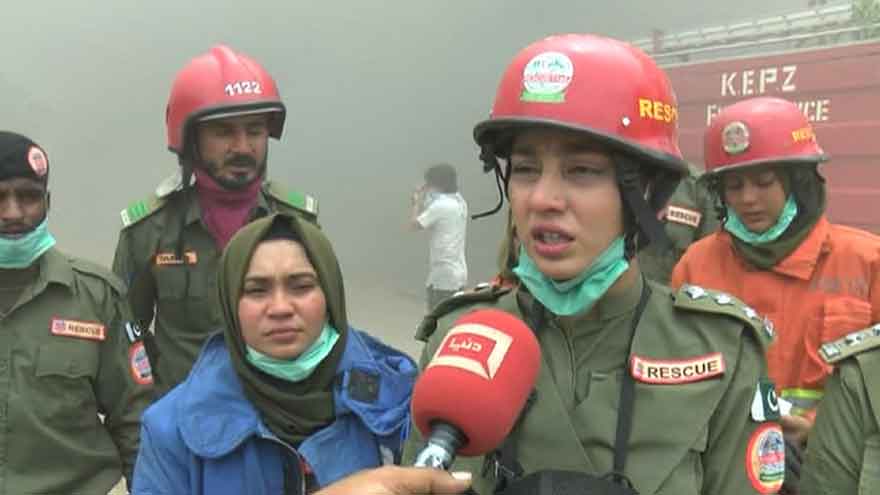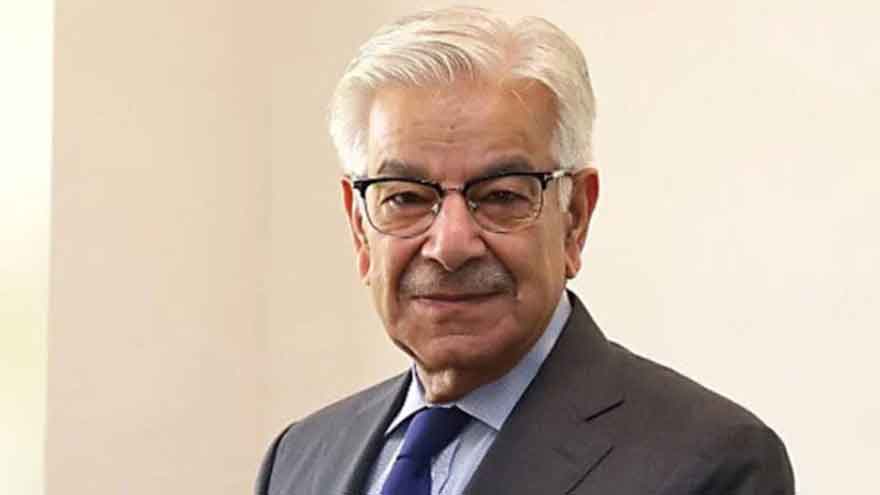Lawmakers demand Parliamentary committee to probe IPP charges amid energy crisis
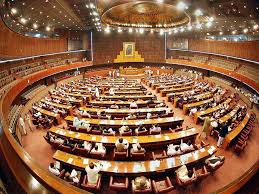
ISLAMABAD, Sep 04: A unanimous call from both opposition and government members in the National Assembly has led to the formation of a parliamentary committee to investigate the issues surrounding Independent Power Producers (IPPs). The session, chaired by Speaker Sardar Ayaz Sadiq, saw heated discussions over the impact of IPPs on the public and the broader energy sector.
Mahrin Bhutto of the MQM-P highlighted the severe public impact due to IPP charges, accusing K-Electric of operating as a "state within a state" and ignoring federal and provincial directives. Raja Pervez Ashraf from the PPP called for a comprehensive house committee to address the IPP crisis, emphasizing the need for clarity on this pressing issue.
Hanif Abbasi of the PML-N questioned the role of ministers like Musaddiq Malik and Azam Nazeer Tarar in addressing the IPP problem, calling for accountability for those profiting from billions. He also criticized the inaction regarding the numerous idle IPP plants, suggesting that those responsible be summoned for questioning.
Opposition member Ali Mohammad Khan echoed the call for a parliamentary committee to review IPP performance and contracts, describing the situation as a quagmire draining the nation's resources. He criticized the inadequate power generation and ongoing payments for non-operational plants.
Federal Minister Musaddiq Malik proposed a meeting with all parties to establish a clear procedure for addressing the issue. During the session, a "Call Attention Notice" was presented regarding K-Electric's power distribution issues by MQM-P's Syed Aminul Haq. Information Minister Attaullah Tarar responded, attributing recent disruptions to excessive rainfall and preventive measures by K-Electric.
Rana Ansar of the National Assembly criticized K-Electric as a "white elephant" exploiting the public, while Minister Tarar announced an increase in the repair and maintenance budget for K-Electric. PPP's Asifa Bhutto raised concerns over the severe gas shortages, with Petroleum Minister Musaddiq Malik promising efforts to import gas and explore domestic reserves, including collaborations with foreign companies.
The session highlighted a growing consensus on the need for comprehensive oversight and accountability in the energy sector, with significant implications for national energy policies and public welfare.

